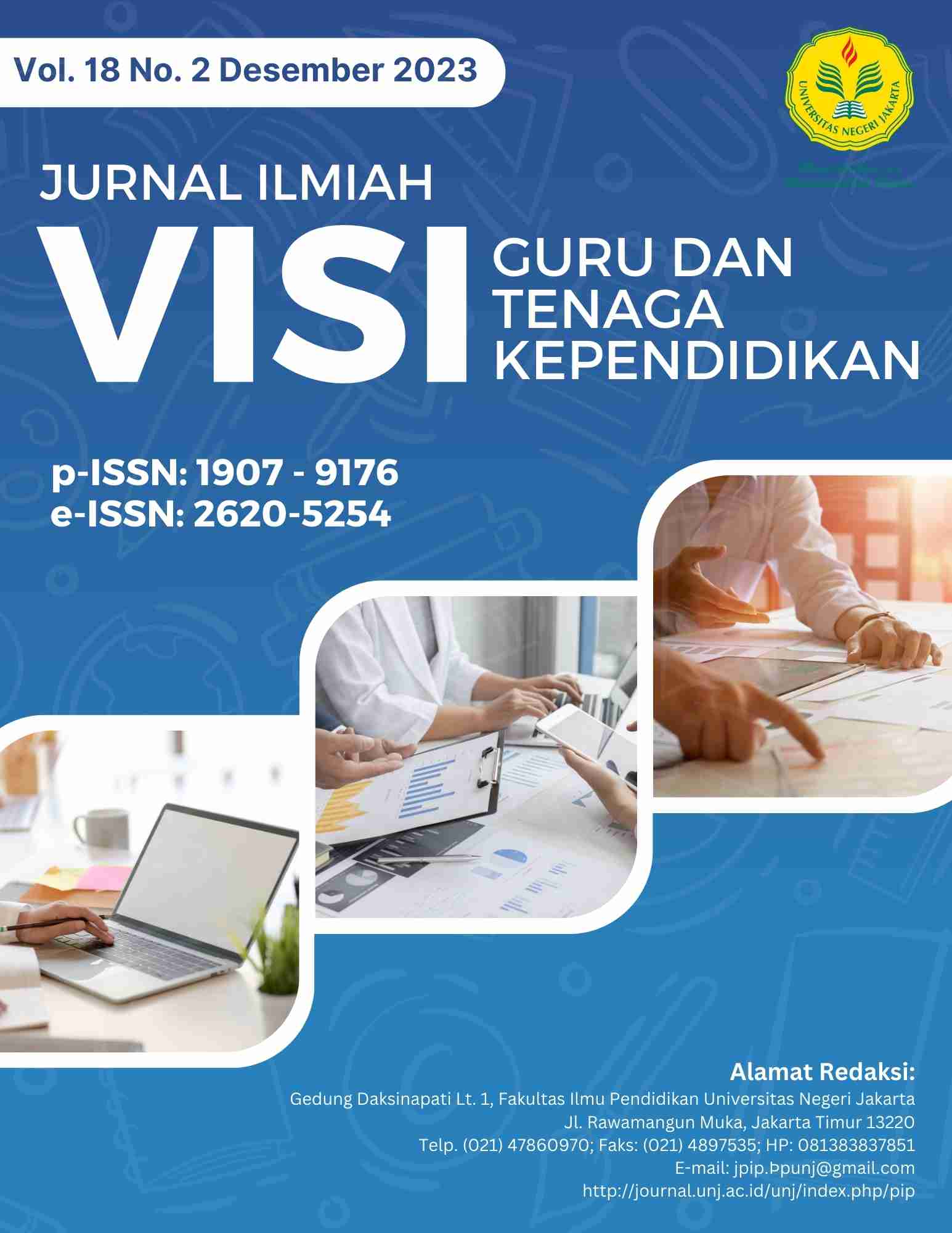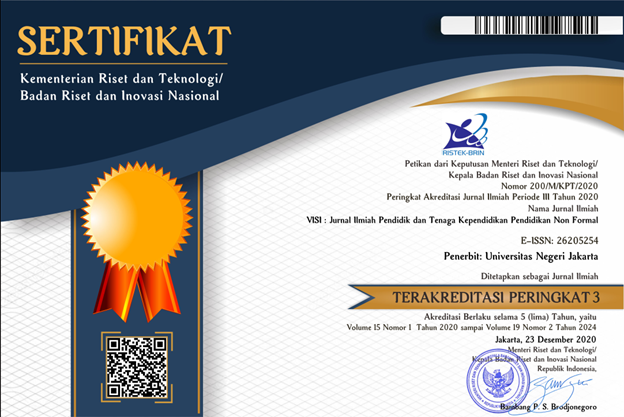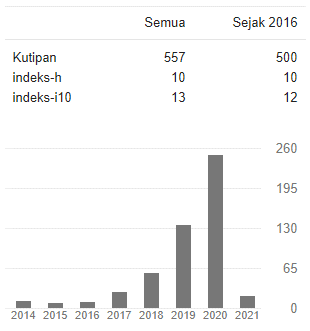Improving Metacognitive Ability Through The Reading Questioning Answering (RQA) Model Assisted With Learning Journals in Nonformal Educational Study Programs
DOI:
https://doi.org/10.21009/JIV.1802.2Keywords:
Metacognitive, RQA, Non-Formal EducationAbstract
The important skills identified by UNESCO for the 21st century remain related to the four pillars of education, including: 1) learning to find out, 2) learning to do, 3) learning to be personal), an 4) learning to live together in peace (learning to live together in peace). One of the skills that must be empowered through the learning process in higher education is metacognitive skills. The aim of this research is to increase metacognitive abilities through the Reading Questioning Answering (RQA) model assisted by learning journals in social and development problems courses." This research method is a quasi-experimental type. The results of research on the influence of the RQA (Reading Questioning and Answering) model assisted by learning journals on students' metacognitive abilities in learning social and development issues, it can be concluded that there is an influence of the RQA (Reading Questioning and Answering) learning model assisted by learning journals on students' metacognitive learning outcomes with Gain score analysis shows that there is a significant difference in the Gain Score percentage. The difference in the percentage value of the gain score obtained from the two. The control group got a percentage of 10% in the ineffective category. Meanwhile, the experimental group had a G-Score percentage of 60% in the quite effective category. The results of implementing learning with RQA assisted by learning journals are effective in improving students' metacognitive skills
Downloads
Published
How to Cite
Issue
Section
License
Authors who publish with this Journal agree to the following terms:
- Author retain copyright and grant the journal right of first publication with the work simultaneously licensed under a creative commons attribution licensethat allow others to share the work within an acknowledgement of the work’s authorship and initial publication of this journal.
- Authors are able to enter into separate, additional contractual arrangementfor the non-exclusive distribution of the journal’s published version of the work (e.g. acknowledgement of its initial publication in this journal).
- Authors are permitted and encouraged to post their work online(e.g. in institutional repositories or on their websites) prior to and during the submission process, as it can lead to productive exchanges, as well as earlier and greater citation of published works.
- Users/public use of this website will be licensed to CC BY-NC-SA Creative Commons Attribution-NonCommercial-ShareAlike 4.0 International License









